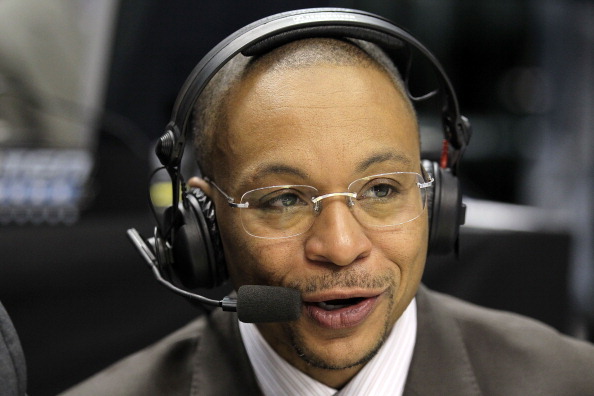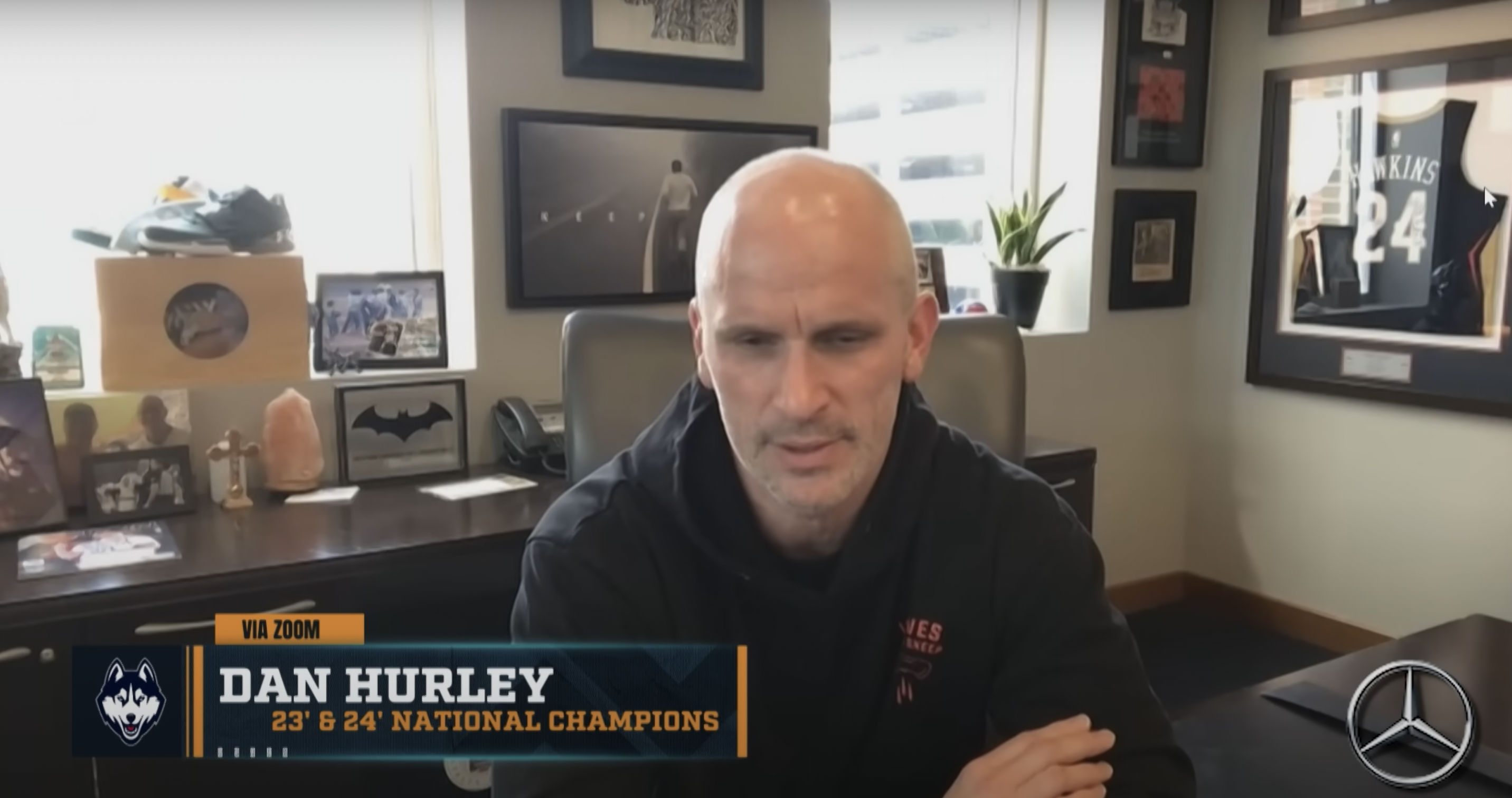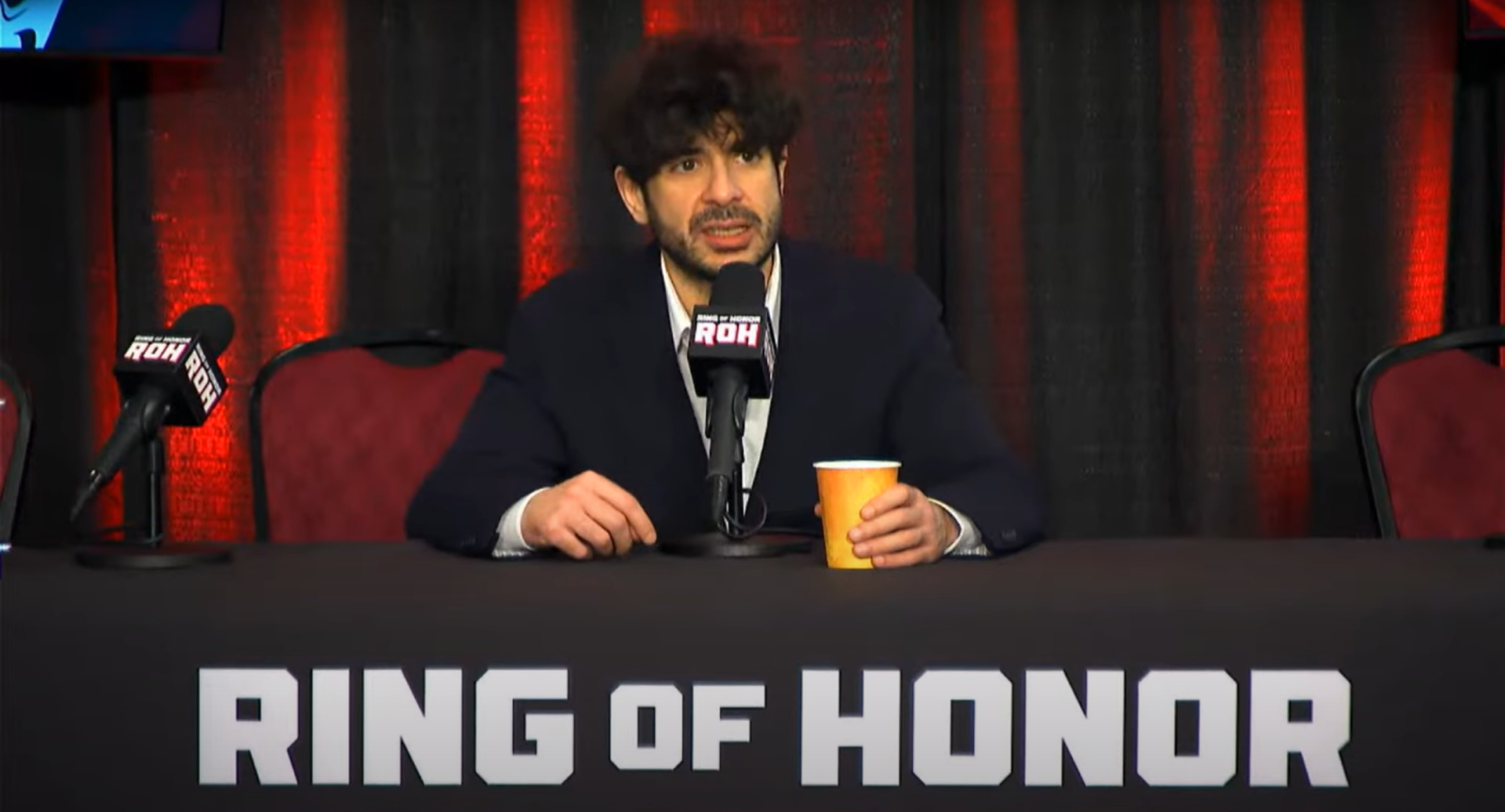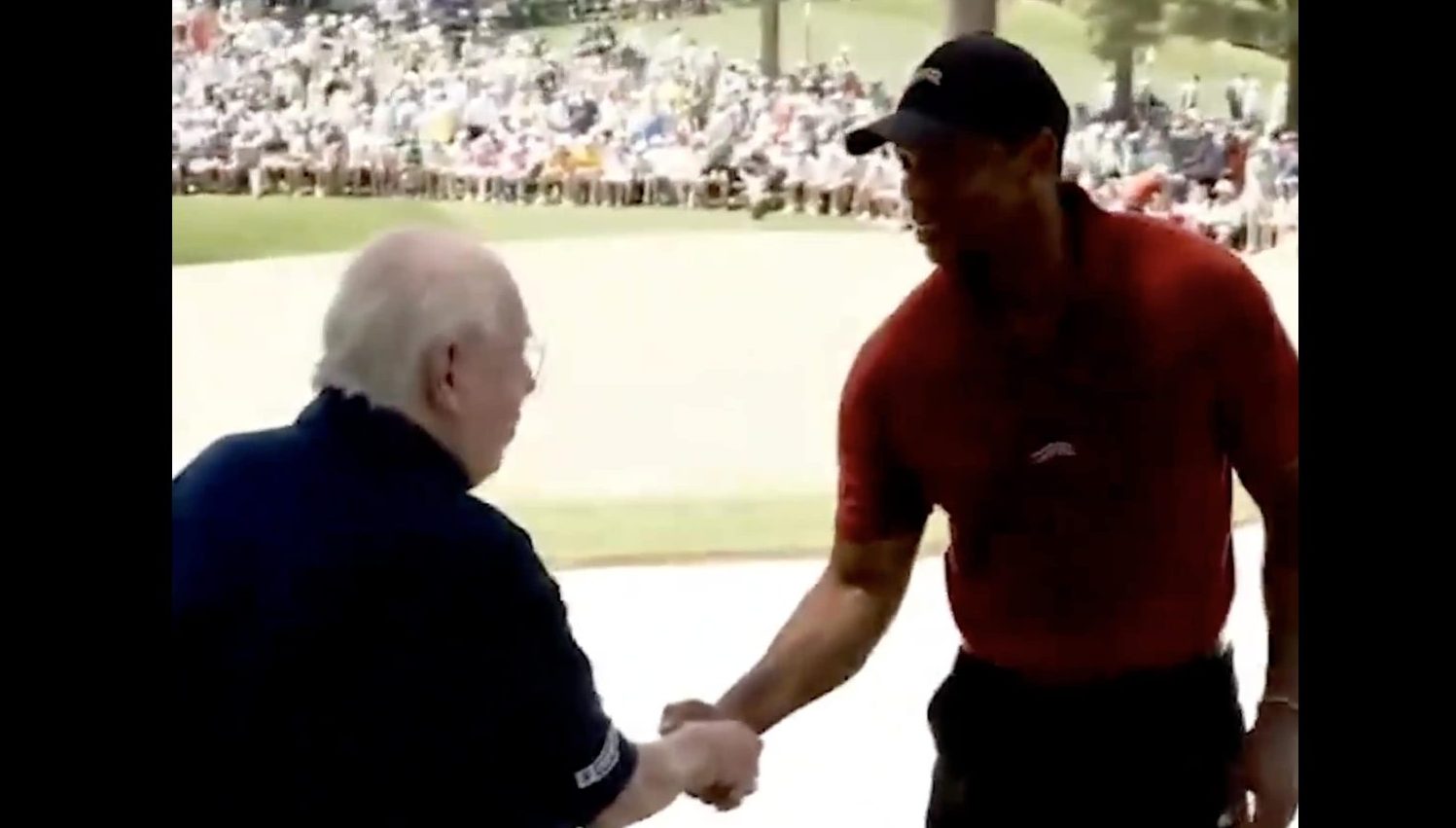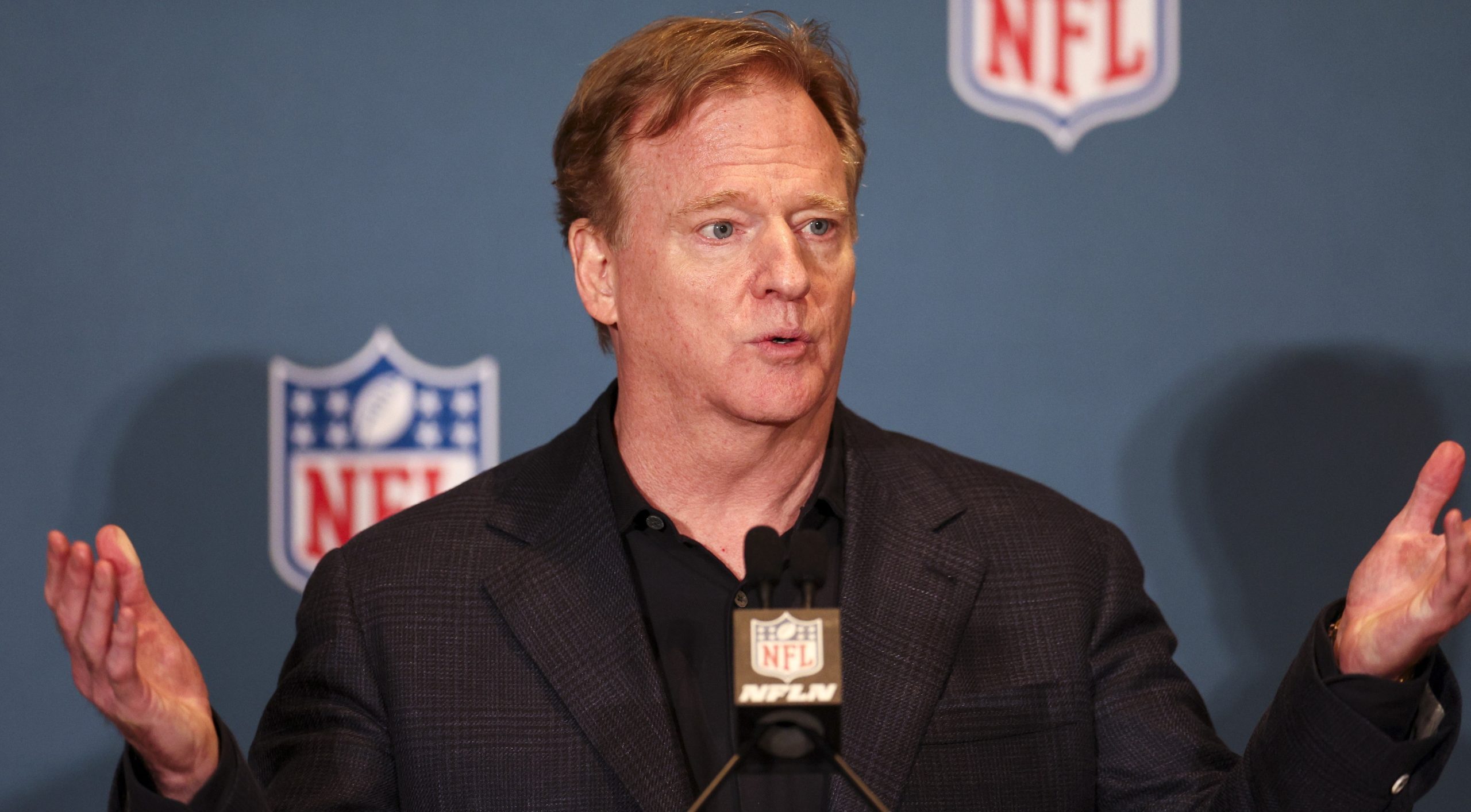The 2015-16 regular season was a banner year for the NHL on U.S. TV, but a worse-than-usual one in Canada. With regular season ratings just emerging for 2016-17, the story’s the opposite one this time around; the American audience took a substantial hit, while the Canadian one saw solid gains. That’s excellent news for Canada’s Rogers Sportsnet and all the money they’ve spent on their NHL contract, but it’s not great for NBC, and the up-in-Canada, down-in-the U.S. trend may continue in the playoffs thanks to the numbers of Canadian teams involved. First, here’s a look at the American ratings info from Sports Business Daily (via Richard Deitsch of Sports Illustrated)
Per Sports Business Daily assistant managing editor Austin Karp, NBC and NBCSN’s NHL viewership declined during the 2016–17 regular season. NBC averaged 1.23 million viewers for its 15 NHL games, down 20% from last season and the lowest NHL broadcast TV average on record (figures date back to ’93–94 season). The publication said NBCSN averaged 336,000 viewers for its 91 games, the league’s lowest average on cable TV since the ’11–12 season (332,000 viewers). Karp said this season was down 11% from 378,000 viewers in ’15–16, which was the league’s best full-season average on cable. As for combining TV and digital, NBC Sports averaged 475,000 viewers for the NHL, down 6% from last season.
As for the Canadian ratings, it’s a very different story, as Sports Business Journal‘s Ian Thomas writes:
The success of teams across the country was a boon this year for Rogers, which saw increases across all of its national “Hockey Night in Canada” broadcasts, as well as with its Sunday night “Hometown Hockey” programming.
It saw even larger growth regionally for the teams. Viewership was up 27 percent for Maple Leafs games on Sportsnet Ontario and up 40 percent for Oilers games on Sportsnet West. Even matchups between U.S. teams did better in Canada this season, up 4 percent.
On the national front, Hockey Night in Canada‘s prime East window (typically a 7 p.m. Eastern start) averaged 1.78 million viewers on CBC, up nine per cent from last year. Their West window (usually a 10 p.m. Eastern start) averaged 806,600 viewers, up six per cent. So, yes, over half a million people more watched the top national broadcasts in Canada than the U.S. despite Canada’s population being just over 10 per cent of the U.S. population, but that’s not all that surprising (it was also the case last year in a boom year for NBC with 1.48 million and a down year for Hockey Night in Canada with 1.63 million). But the changes on both sides of the border are certainly notable.
For NBC, some of this may be regression to the mean. It’s not too surprising to see at least somewhat of a dropoff after a record-setting season, especially on cable where they posted the best season in 22 years. Last year also had the best overnight rating ever for the NHL All-Star Game on NBCSN, and was an impressive regular season almost across the board. However, this is more than just a return to normalcy, especially with the NHL on NBC posting a 20 per cent drop and the lowest broadcast TV ratings ever recorded. That’s particularly bad; those marquee games on broadcast television are the widest regular-season audience the league hits, and having so much of that audience go away is troubling.
The latest
For Sportsnet, this may also be somewhat of a return to normalcy, but perhaps a less-anticipated one. Ratings weren’t great in the first two seasons of their NHL coverage, so this kind of an increase wasn’t necessarily expected. The biggest factor there may be the improvement in Canadian teams’ fortunes; after every team based in Canada missed the playoffs last year, five made it this year, and their regular-season improvements boosted the ratings.
Another factor in strong Canadian ratings may have been the emergence of 2016 No. 1 overall pick Auston Matthews, who posted 40 goals and led the Toronto Maple Leafs (typically the largest driver of national Canadian ratings) back to the playoffs for the first time since the 2012-13 season. Also important was Connor McDavid, the 2015 No. 1 overall pick who notched a league-high 100 points this year and led the Edmonton Oilers to the postseason for the first time since 2005-06. The Leafs and Oilers are important teams for Canadian ratings, and their young superstars helped draw in some casual and neutral fans too.
Things may get even better for Rogers in the playoffs. Scott Moore, president of Sportsnet and Rogers’ NHL properties, told Thomas strong ratings mean they’re expecting to exceed their first-round advertising projections. And that’s despite offering less slots:
For the first round, Moore said, Rogers has taken roughly two minutes of advertisements out of each intermission break, putting that back into on-air content to better cover the games.
“We really want to tell this story better, and we’ve seen that overall ratings go up if we’re taking less breaks — and that means extra time for [commentators] Ron [MacLean] and Don [Cherry] in the first intermission, and our panel in the second,” he said. “With so many games, we’re expecting very good ratings, so since the value of each spot goes up, we don’t need to have as many.”
Moore said the network expects to exceed its projected advertising budget for the first round. He declined comment on how much ad revenue the network expects for this year’s playoffs.
That’s excellent news for Rogers in the grand scheme of things, as their 12-year NHL contract costs a total of $5.2 billion Canadian ($3.9 billion U.S. at current exchange rates, but $4.93 billion when the deal was signed) through 2026. They’ve said the NHL was profitable for them even with low ratings and hasn’t been a factor in their rounds of cuts and layoffs, but it’s notable that their contract isn’t an average value one, it’s one with escalating payments each year, so they need to make more each year in order to pay it off.
Moore told SBJ they were able to increase ad rates for Leafs’ games “multiple times” this year, though, and also said “I’ve maintained that by the end of this deal that it will be viewed as an excellent one.” He added “I joke with our finance people that my personal perceived IQ is already up 15 percent compared to last year.” Strong regular-season and playoff ratings are vital to Rogers being able to continue to afford this contract, so those are good signs for them.
As per NBC, this drop in ratings is a blow for them, but it’s not necessarily a crisis. Their contract runs through 2020-21 and costs a total of $2 billion, so they’re paying less per year than Rogers even with the reduced exchange rate ($200 million U.S. versus $325 million U.S. if the Rogers deal was a pure average value one). They’re also optimistic about the playoffs even with less American teams, with NBC Sports executive producer Sam Flood telling SBJ “What’s great for the U.S. is great hockey and great stars. It doesn’t matter where they play. It matters that we get to showcase them.”
Still, those regular-season ratings are certainly concerning. If the playoff ratings don’t improve, there will be further questions ahead for NBC. We’ll see if these drops in ratings prove to be just a blip, or if they’re a reflection of what the new normal for U.S. hockey ratings will be.


